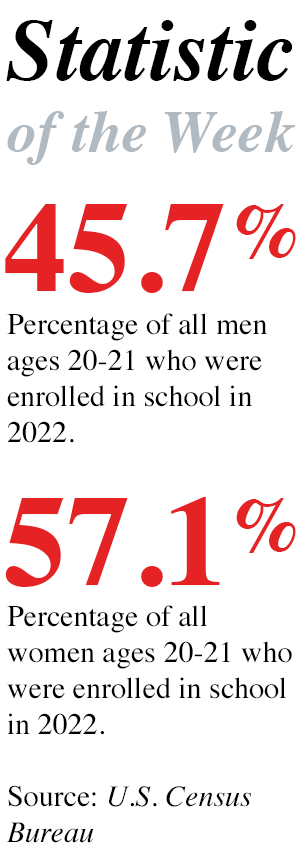Study Finds High School Biology Textbooks Fail to Differentiate Between Sex and Gender
Posted on Mar 13, 2024 | Comments 0
 A new study from scholars at BSCS Science Learning, New York University, and the University of Texas Austin has analyzed a sample of high school biology textbooks to determine how the books explain sex and gender. The results found the majority of the analyzed textbooks did not differentiate between the two concepts.
A new study from scholars at BSCS Science Learning, New York University, and the University of Texas Austin has analyzed a sample of high school biology textbooks to determine how the books explain sex and gender. The results found the majority of the analyzed textbooks did not differentiate between the two concepts.
“The findings serve as a call to action—it is important that the high school biology curriculum is revised so that it reflects accurate scientific knowledge rather than misguided assumptions that may foster gender stereotyping and discrimination,” said Andrei Cimpian, a professor in the psychology department at New York University.
The authors define sex as a person’s biological features related to reproduction and gender as a socially constructed interpretation of sex. Rather than explaining both terms as different phenomena, the study found high school biology textbooks tended to classify men and women as completely separate, non-overlapping groups for not just their reproductive anatomy but in their psychology and behavior as well. The authors refer to this way of thinking as essentialism, which is an idea that men and women have a genetic predisposition to their gender. In addition to the essentialism communicated in many textbooks, the researchers found that the textbooks frequently referred to people of the same sex as uniform, failing to recognize the differences in physical traits, personality, and preferences between people of the same sex.
“It’s not unusual for textbooks to discuss ideas that were considered accurate earlier in the history of science and are now known to be incomplete. But essentialism is not a scientific model—it’s an overly simplistic lay view that is at odds with the scientific consensus on sex and gender,” said Brian Donovan, senior research scientist at the Colorado-based nonprofit BSCS Science Learning. “It should have no place in the biology curriculum.”
Filed Under: Research/Study








